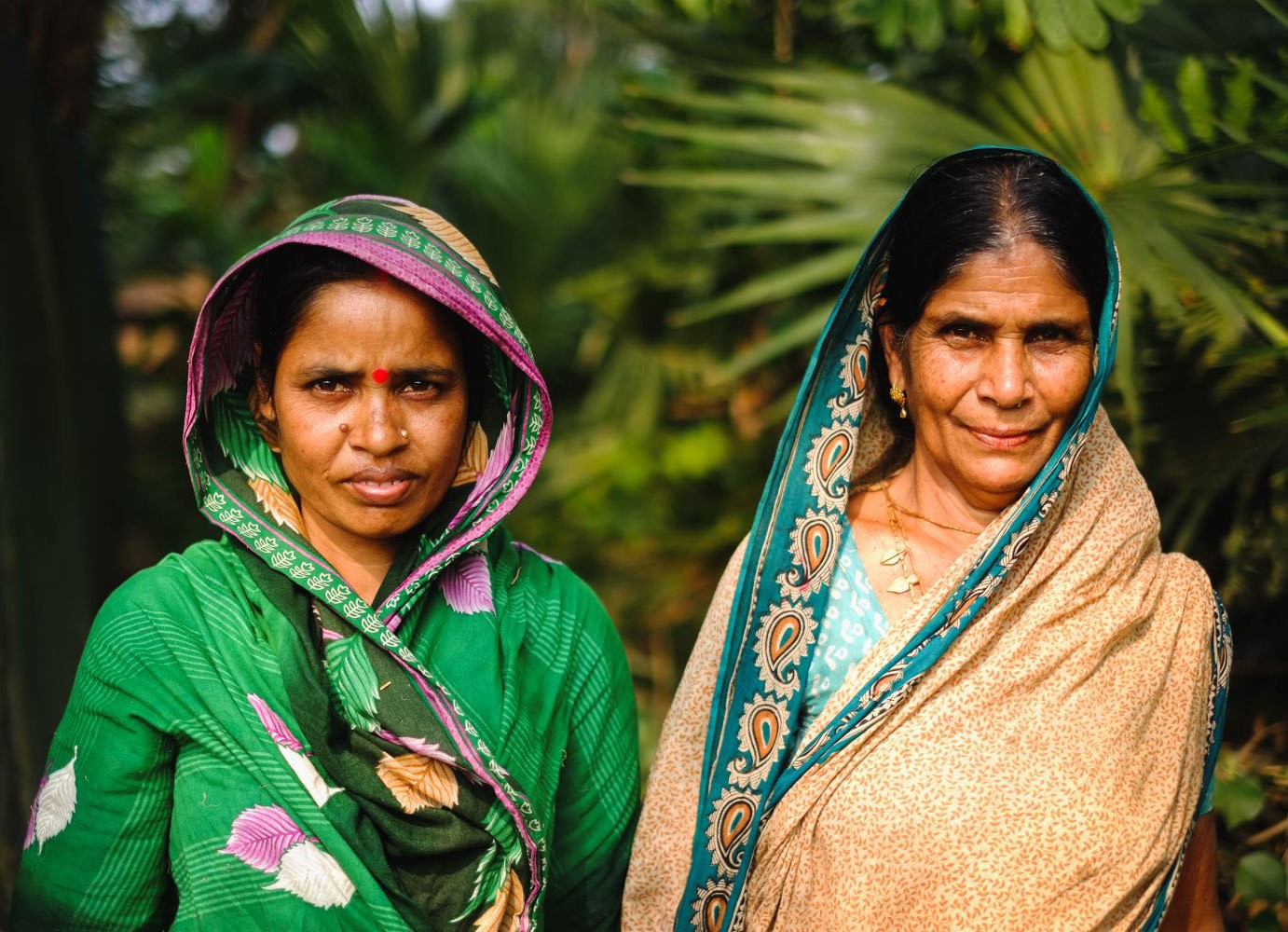In the lead-up to the UN General Assembly convening this week, CGD hosted a roundtable with the Stimson Center on human development and global institutions. It was an opportunity to take the long view on how intellectual and practical leadership came together to lay the foundation for the Millennium Development Goals and then the Sustainable Development Goals.
Mahbub ul Haq—a prominent economist, finance minister of Pakistan, and World Bank and UN official—was a key figure in this process. Before the proliferation of indices, he successfully pushed for the creation of the UN Human Development Index (a composite measure of life expectancy, education, and per capita income) as an alternative to a sole focus on economic activity. As Amartya Sen recalled, Dr. Haq once told him, “We need a measure… of the same level of vulgarity as the GNP—just one number—but a measure that is not as blind to social aspect of human lives as the GNP is.”
Robert Berg, chairman of the Alliance for Peacebuilding and distinguished fellow at the Stimson Center, captures the significance of this shift in his remarks, reproduced below. He also asks what the next wave of development leadership might look like at the UN. In these challenging times for global expertise and institutions, this is not only an academic question. We need more than greater rigor in measurement, evaluation, and accountability. We need new and systemic forms of civic participation that go beyond multi-stakeholder consultations and innovation summits.
Thanks to Bob for agreeing to share his thoughts here, and we welcome yours!
Human Development and Global Institutions
by Bob Berg
A new book by Richard Ponzio and Arunabha Ghosh (Human Development and Global Institutions: Evolution, Impact, Reform. Routledge, UK) adds wisely and with new insight to the CUNY Graduate Center series of publication on global institutions. It is recommended reading as the concept of human development is the backbone of the UN-inspired global development goals.
I want to step back a bit and discuss how a critical mass of intellectual power has operated at the global level. My experience over the decades has been contrary to what you often hear in this town, as I believe that public servants in national and multilateral governance are often highly capable. But rarely are there real intellectual centers in public service that move very large global issues forward.
In the lifetime of the United Nations, there have been two times when there have been intellectual centers addressing major global issues that led to a sea change in how the world works.
One such time was in the late 1940s when a number of Nobel Prize thinkers created national accounting, like the gross national product, and established the post-World War II international trade regime.
The second such time started in 1989. The Cold War ended that year and many things seemed more possible. Mahbub ul Haq, A.K. Sen, Paul Streeten, Richard Jolly, and Frances Stewart, and others said, in essence, that the first intellectual group in the late 1940s was useful, but GDP didn’t tell us how people really were doing nor what their social and economic status should be. This was a well-considered long-term interest of Mahbub’s. I first heard about him in 1969 during a meeting in New Delhi when Dudley Seers, then head of the Institute of Development Studies at Sussex, said there was this chap from Pakistan who urged development to stand on its ear… moving from top-down theories of development to bottom-up development. I would meet with Mahbub in the early 1970s when he was re-engineering policies in the World Bank towards poverty and I was working with others in USAID to do the same. But the UN stage actually turned out to be bigger.
What made this second wave of intellectual might so different from the first wave was the attempt to be prescriptive across the whole field of development. And there was a second difference: The UN had often issued reports and declared years for this and decades for that. But these declarations were often hollow, weakening the UN’s credibility. In 1990 Jim Grant, then head of UNICEF, invented a different strategy: He married great policy with law (the Convention on the Rights of the Child) and high-stakes politics (the World Summit for Children) the first time that global heads of state met and acted to advance the human condition.
That formula… the UN articulating policy, and fostering law and high-level political agreement. . . empowered the UN to have much more influence and impact. It led directly to the Millennium Development Goals and the Sustainable Development Goals. Moreover, it forced the UN family (often a rather dysfunctional family of separate organizations) to work together for common purpose. . . enabled by a real board of directors, the Chief Executives Board, holding agencies accountable for follow-through. From the mid-1990s, in response to UN system-wide work I was doing, for the first time the World Bank started to attend the UN’s heads of agencies meetings. All this led to growing credibility for the UN and in time gave it the standing to effectively broker the world’s first agreement with real hope for the environment.
Now we have a UN that is seen as legitimate to guide its members on social and economic issues, to gradually be more active on human rights, and to act much more aggressively to help solve political issues.
Can we imagine a third wave of intellectual leadership at the UN? Is there another possibility that a future Tinbergen or Mahbub ul Haq will be able to lead a critical mass of intellectual power within the UN? The answer is yes and no.
Yes, it would be doable for the UN to engage the best available talents, and it is also possible for the UN to stop appointing second-rate advisory groups and to consistently hire stellar leaders to run its main agencies, instead of only occasionally hiring such leaders.
But no, the way the UN’s intellectual centers operated the last two times we had great centers are suboptimal for the twenty-first century.
If we are so lucky as to have a next nexus of high-level intellects working together, it should operate very differently. Its expertise will be to identify really important questions, and then to network like mad through open-source competitions, partnerships, alliances, and other ways of engaging large numbers of thinkers, social entrepreneurs, and program managers and thereby to bring more creativity and, importantly, a lot more constituency and support for global and UN actions on the questions the next intellectual center raises.
We need to help the UN to be a modern leader of thought, gathering the best ideas, promoting the best solutions, and in the process, creating pluralistic global constituencies to solve the major human development challenges of the years ahead. These, I believe, will be the hallmarks of the next UN intellectual leadership.
Disclaimer
CGD blog posts reflect the views of the authors, drawing on prior research and experience in their areas of expertise. CGD is a nonpartisan, independent organization and does not take institutional positions.
Image credit for social media/web: Social media image by sanjitbakshi





